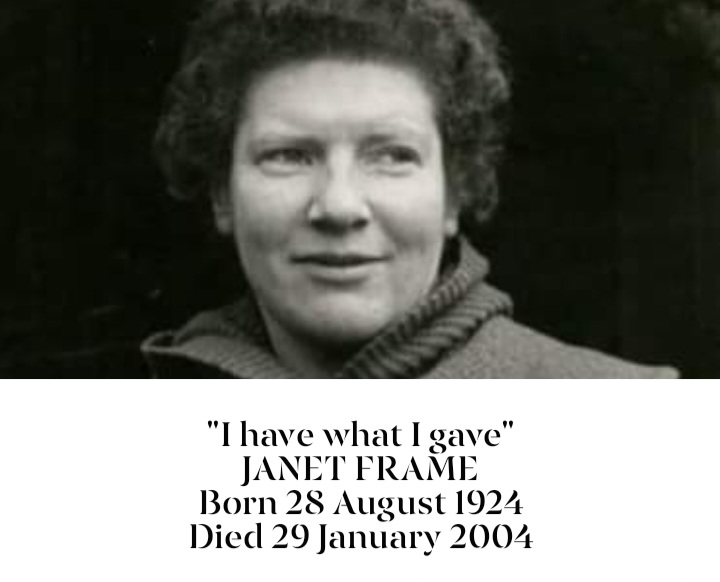Photo credit: Kelly Joseph (Ngaati Maniapoto)
"This prize means so much to me as another curly haired poet who likes to think their writing has some of Frame's spark in it. I'm so deeply honoured to be recognised in this way, and as a student, $7000 is such a meaningful amount of money. I picked up my partner from work today and she shouted at me "award winning poet!" and it's true now."
essa may ranapiri is a person who lives on Ngaati Wairere whenua near the old forest of Te Papanui. Their work has appeared widely including in Mayhem, Poetry NZ, Brief, Sport, Starling, Mimicry, THEM and POETRY Magazine. Author (of ransack and ECHIDNA) and PhD student (looking at how poetry by taangata takataapui engages with atua and thus enhances our mana takataapui), they have a great love for language, LAND BACK and hot chips. They will write until they're dead.
essa may ranapiri’s second poetry collection follows the story of Echidna, their own interpretation of the Greek Mother of Monsters, as she tries to figure out life and identity living in a colonised world. Alongside this Māui and Prometheus get into a very hot relationship.
Echidna contends with three strands of tradition; Greek mythology, Christianity and Māori pūrākau, and through weaving them together attempts to create a queerer whole. It is a book that is in conversation with the work of many others; from Milton and R.S. Thomas to jayy dodd and Joshua Whitehead to Hinemoana Baker and Keri Hulme. Situating and building its own world out of a community of queer and Māori/Pasifika writing, it carefully places itself in a whakapapa of takatāpui story-telling.
essa may ranapiri web page: https://essawrites.wordpress.com/
Congratulations to essa may ranapiri who joins the other excellent writers who have been recipients of the Janet Frame Literary Trust Awards that were created by Janet Frame herself who set up the endowment fund to encourage and support writers. The trustees of the Janet Frame Literary Trust are delighted to be able to present this very well deserved prize.



















































